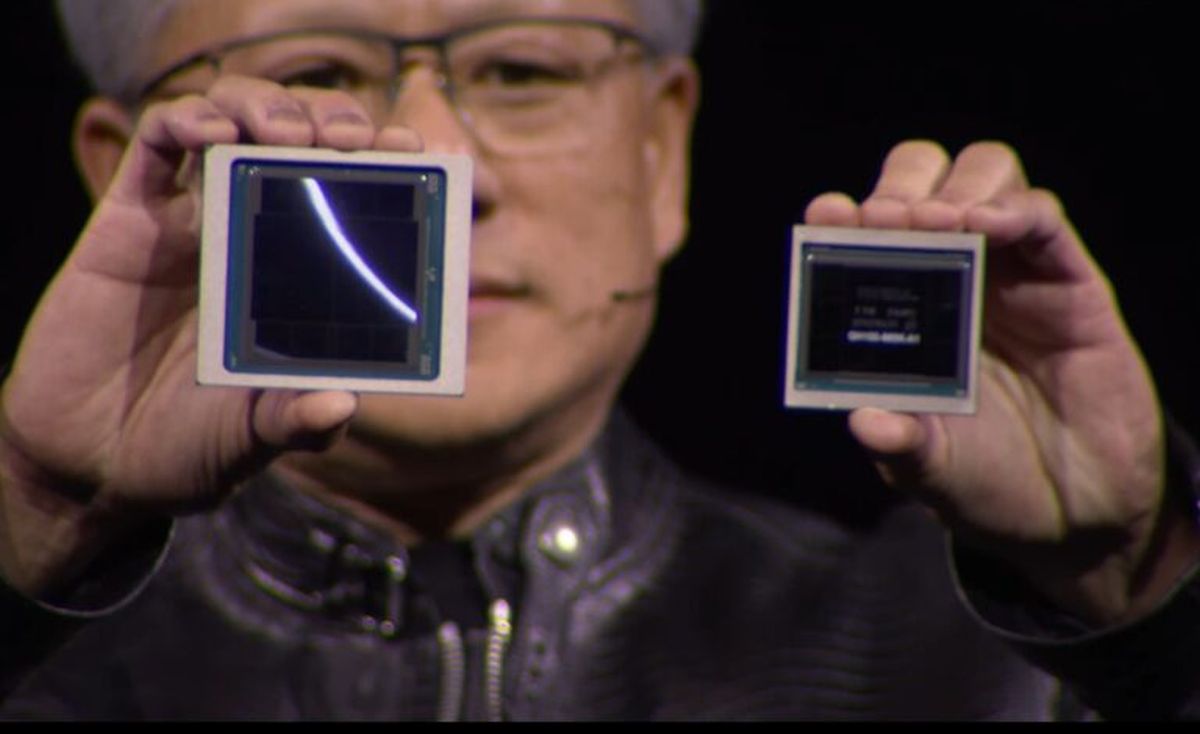The US has reportedly moved to block NVIDIA from selling its scaled-down AI chip to China. According to reports from Reuters and The Information, the White House has informed federal agencies not to approve export licences for the component, effectively halting its sale to Chinese firms.
The chip in question, known as the B30A, targets the Chinese market and serves as a lower-performing variant of NVIDIA’s B300 chip, which the company developed to comply with US export regulations. Despite the reduced capabilities, the chip is still capable of training large language models when used in large clusters. NVIDIA had already provided samples of the chip to several Chinese customers prior to the restriction.

A spokesperson from NVIDIA told Reuters that the company currently holds “zero share in China’s highly competitive market for datacenter compute,” and does not include the market in its financial guidance. Meanwhile, sources cited by The Information added that the tech giant is now working on modifying the B30A’s design in hopes of securing future approval from the U.S. administration.
The move follows growing US efforts to restrict the transfer of advanced AI and semiconductor technologies to China, citing national security concerns. Earlier this week, President Donald Trump recently stated that chips from NVIDIA’s Blackwell series should be reserved for US companies to maintain America’s competitive edge in AI development.

Beijing has also introduced new policies that further isolate foreign chipmakers. Guidance issued earlier this week requires any data centre projects receiving state funding to use only domestically developed chips. Projects that have completed less than 30% of construction must remove all foreign components or cancel related purchases, while authorities will review more advanced projects individually.
China, which previously accounted for up to 90% of NVIDIA’s AI chip sales, has reportedly ceased all new orders from the company. With the B30A allegedly blocked, the tech giant’s prospects in the region continue to shrink amid escalating geopolitical and regulatory pressures.
(Source: The Information / Reuters)


